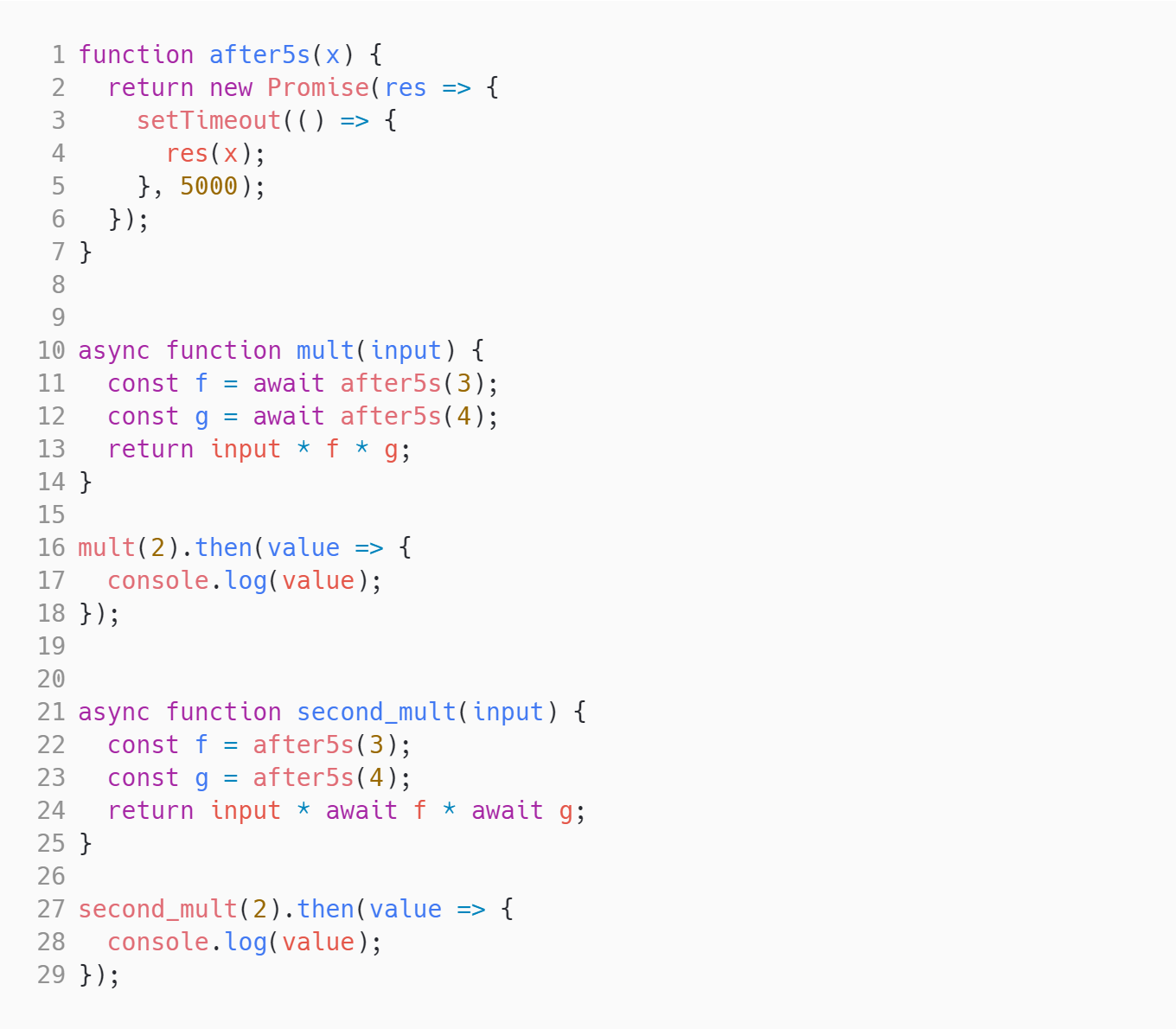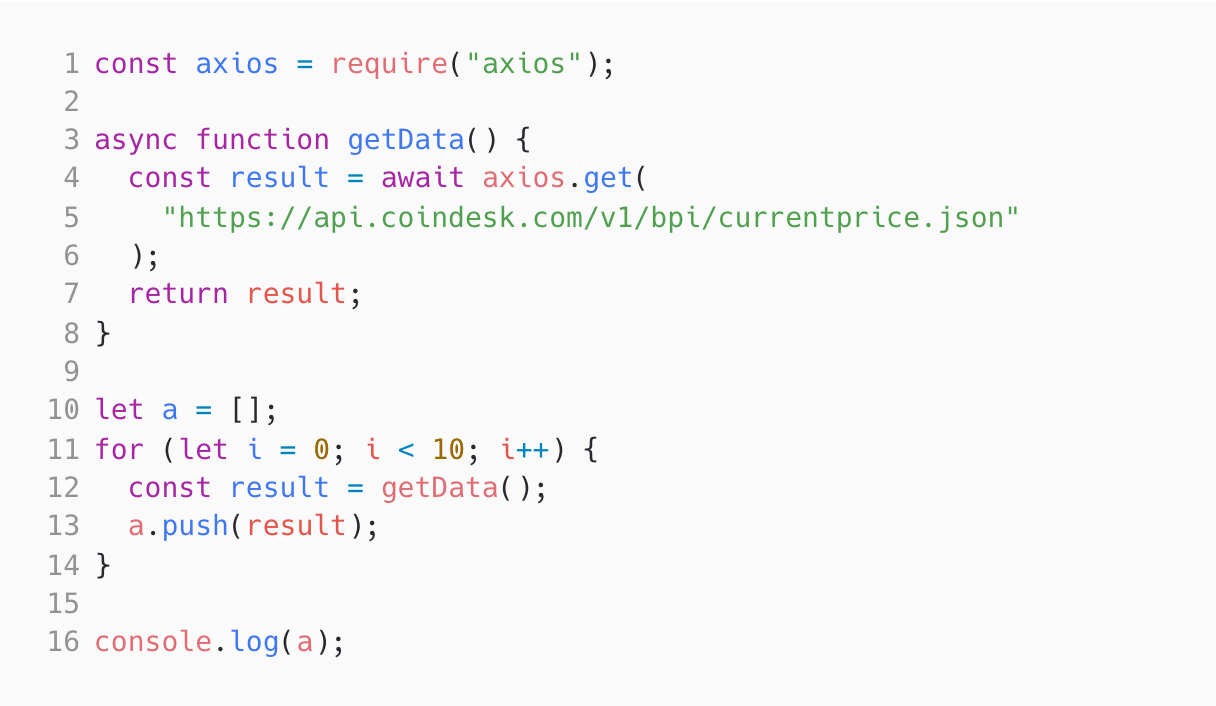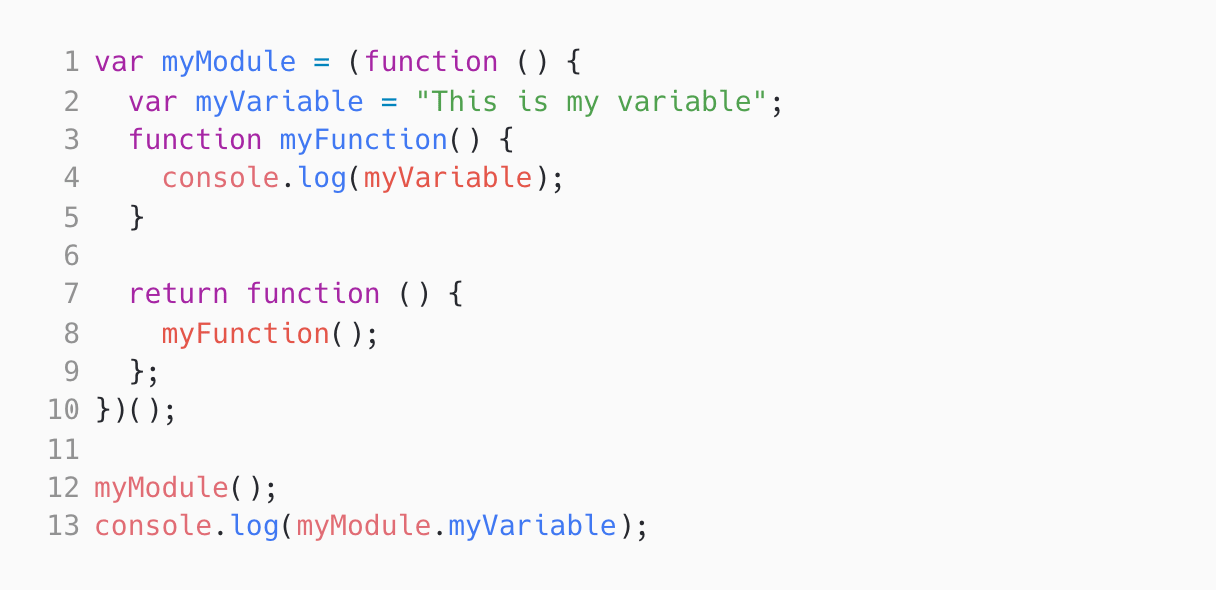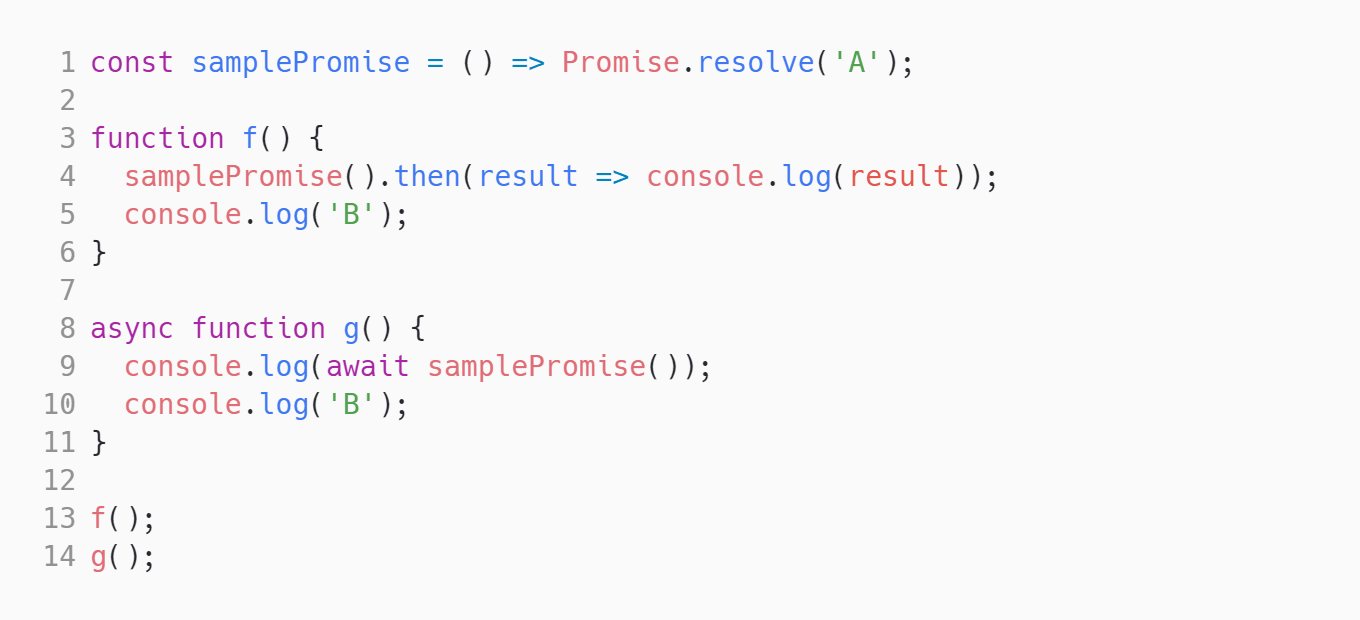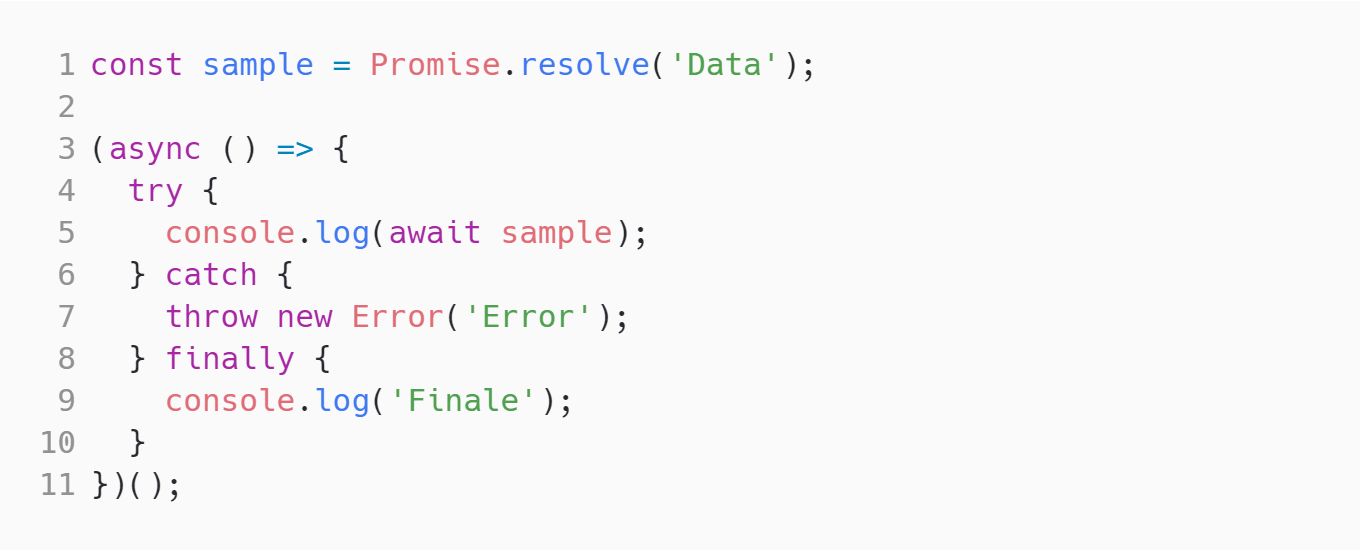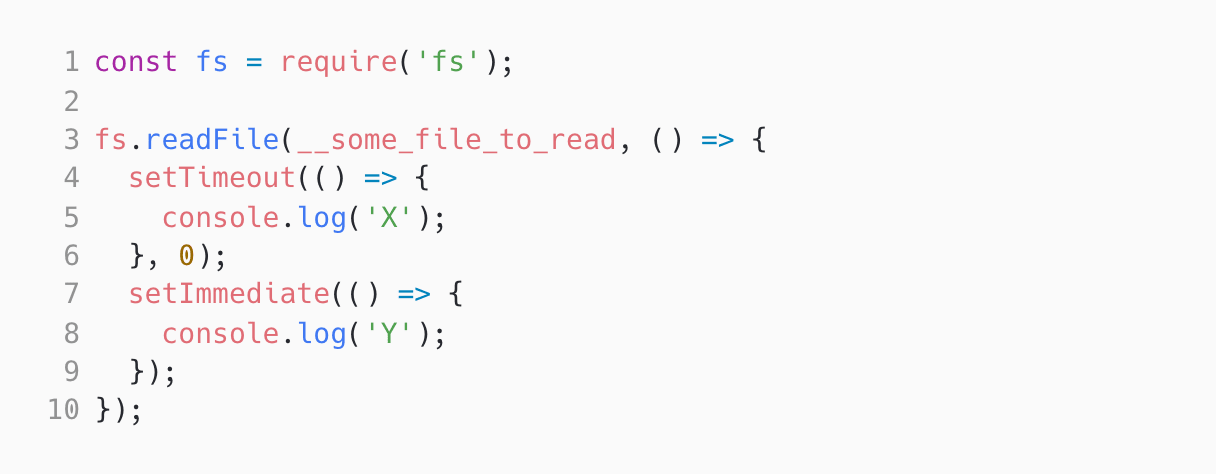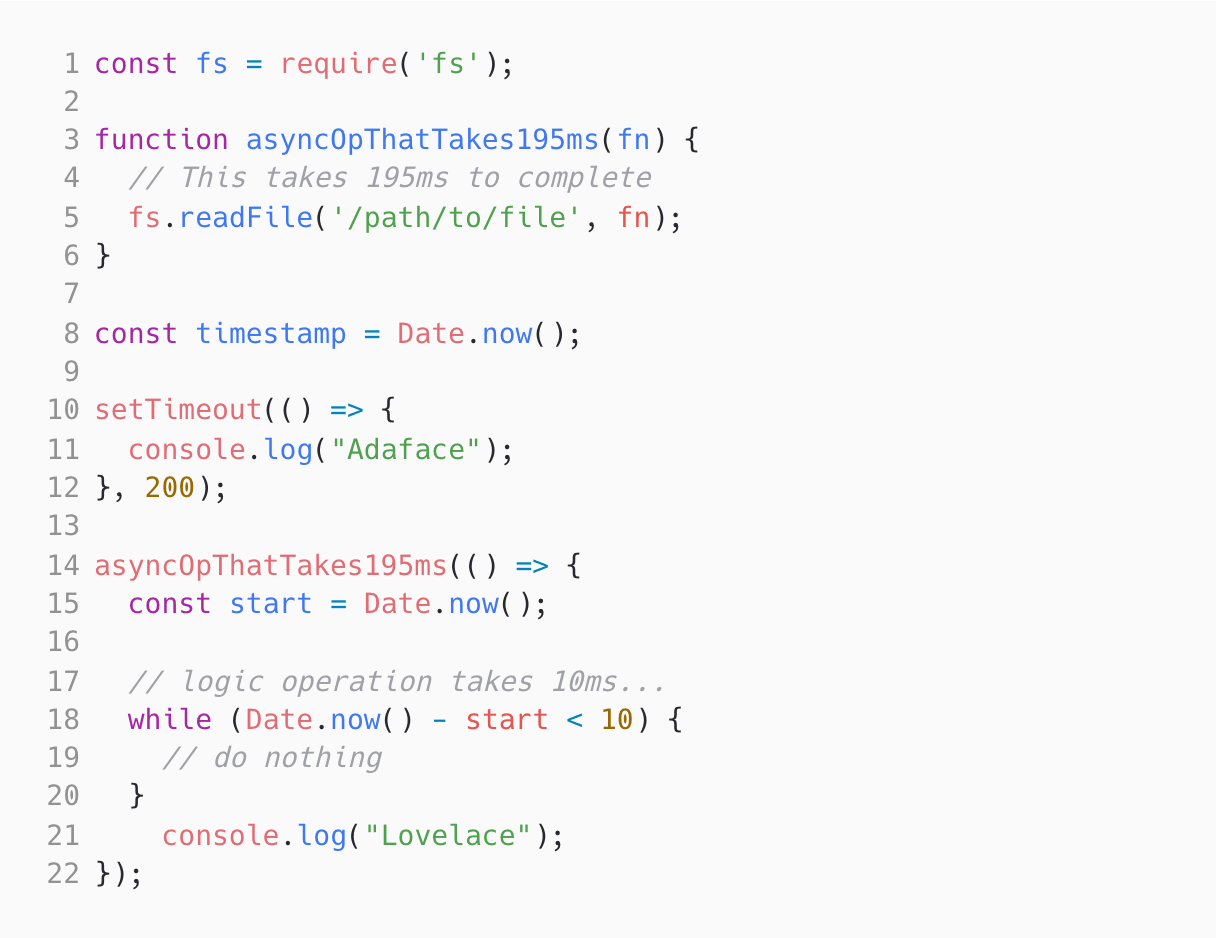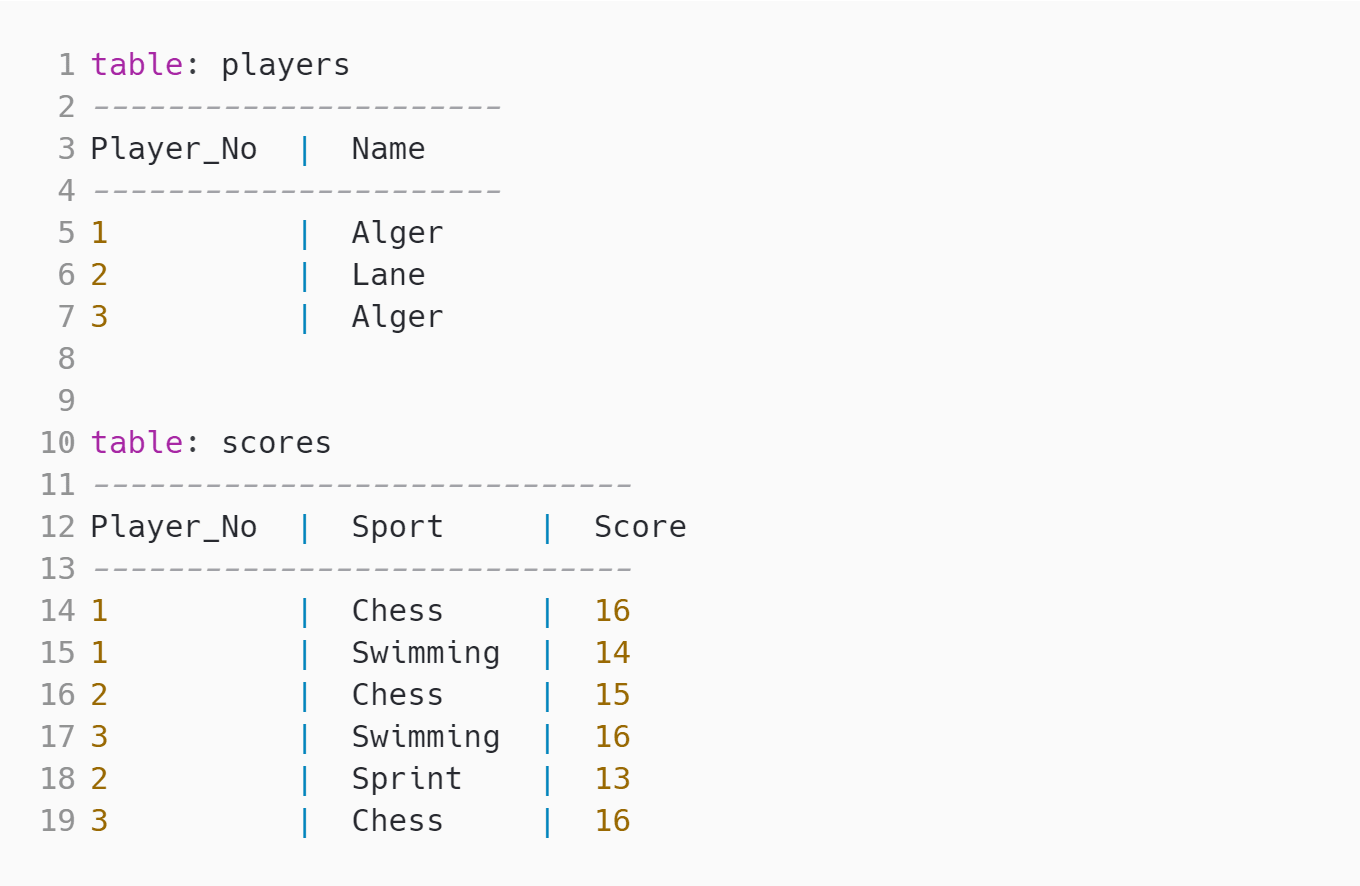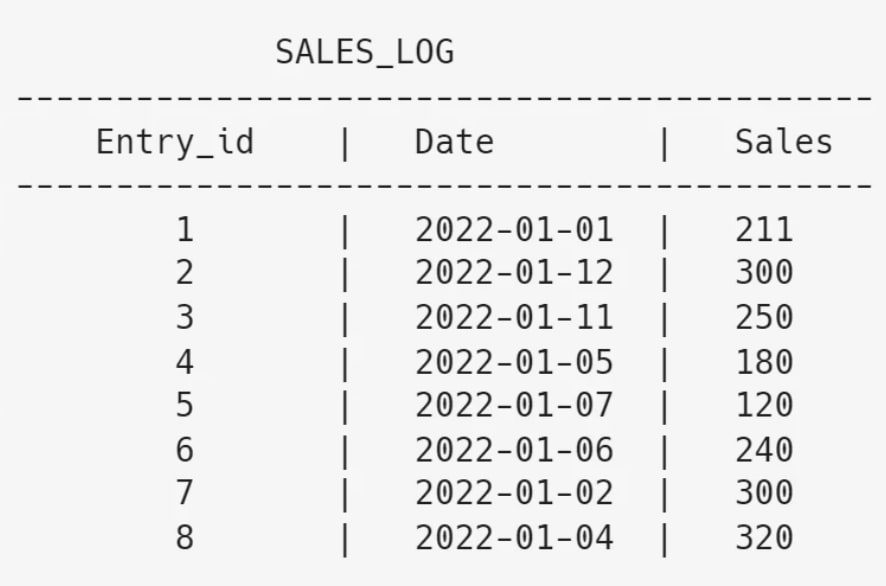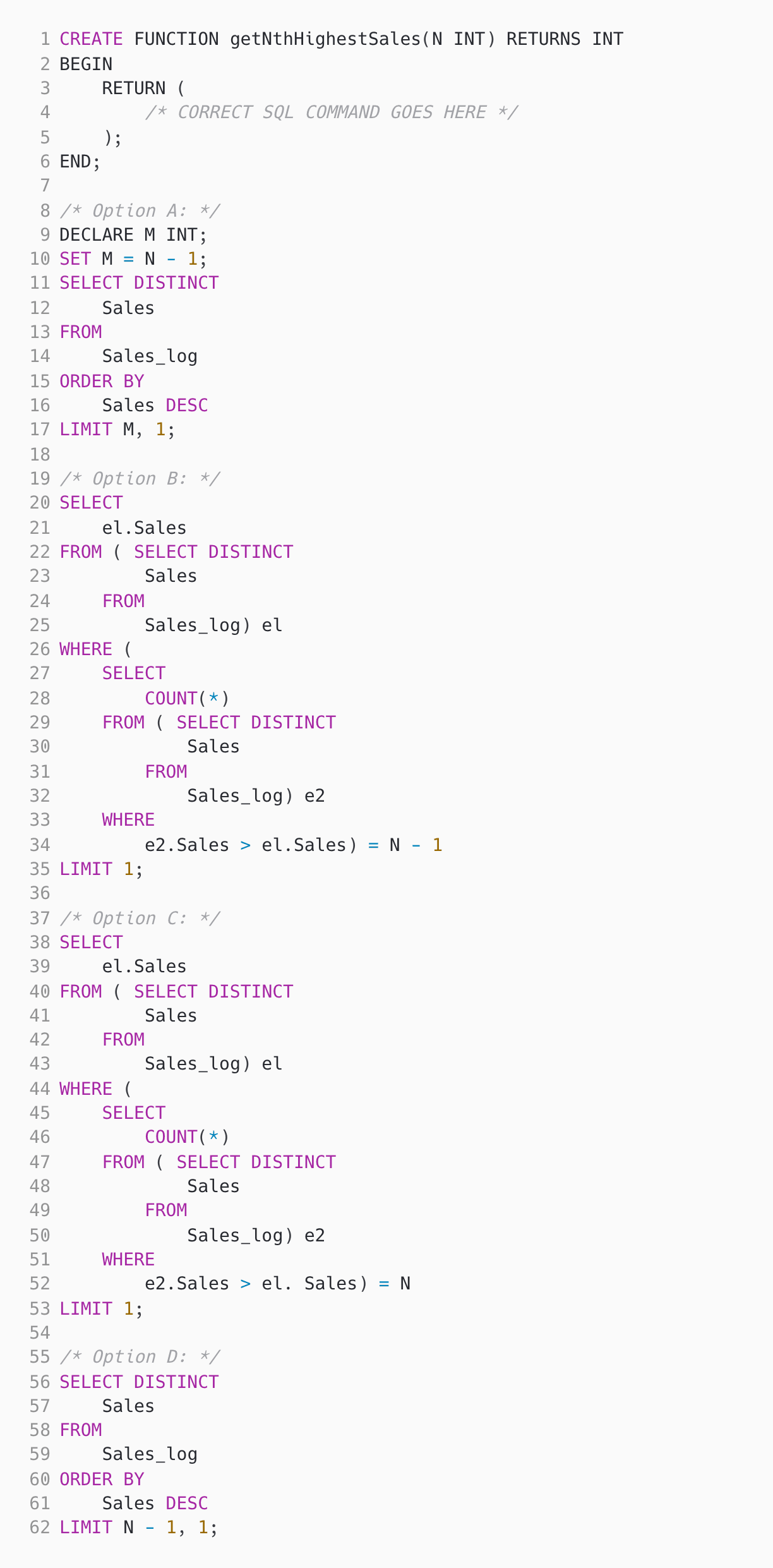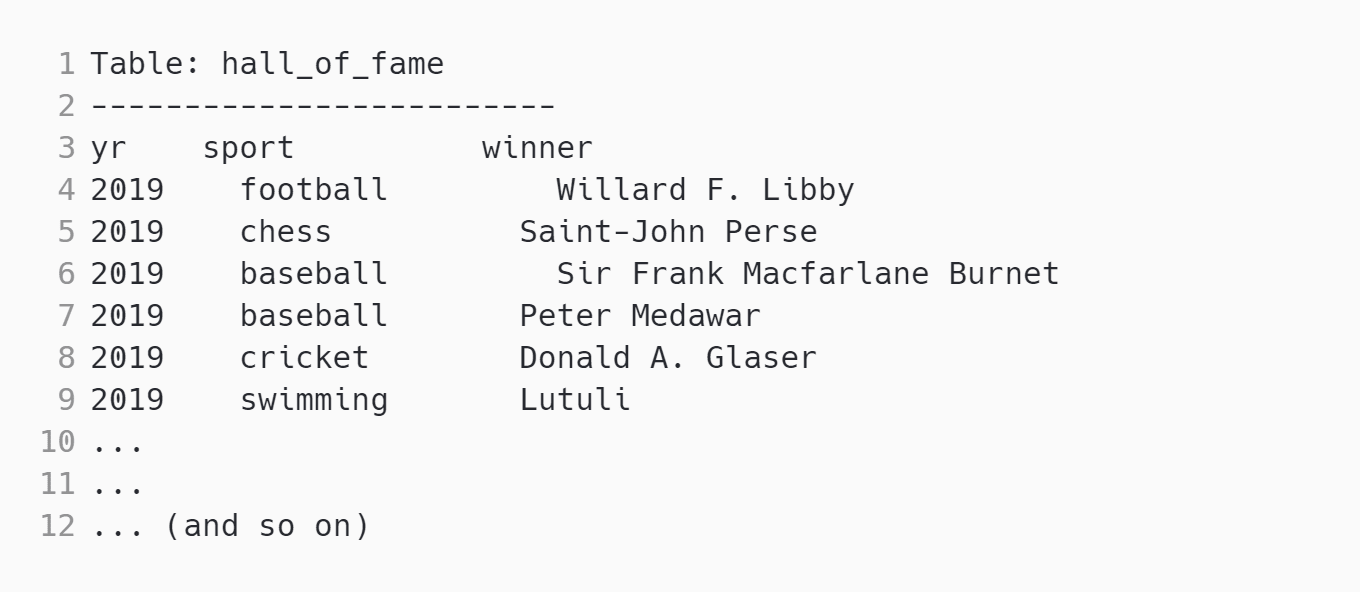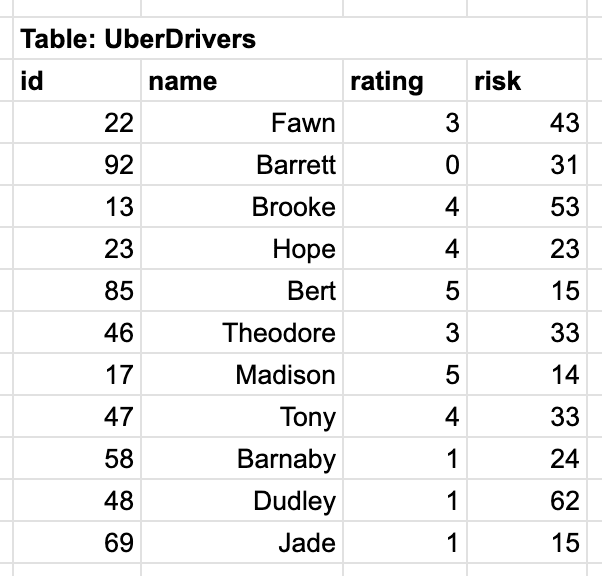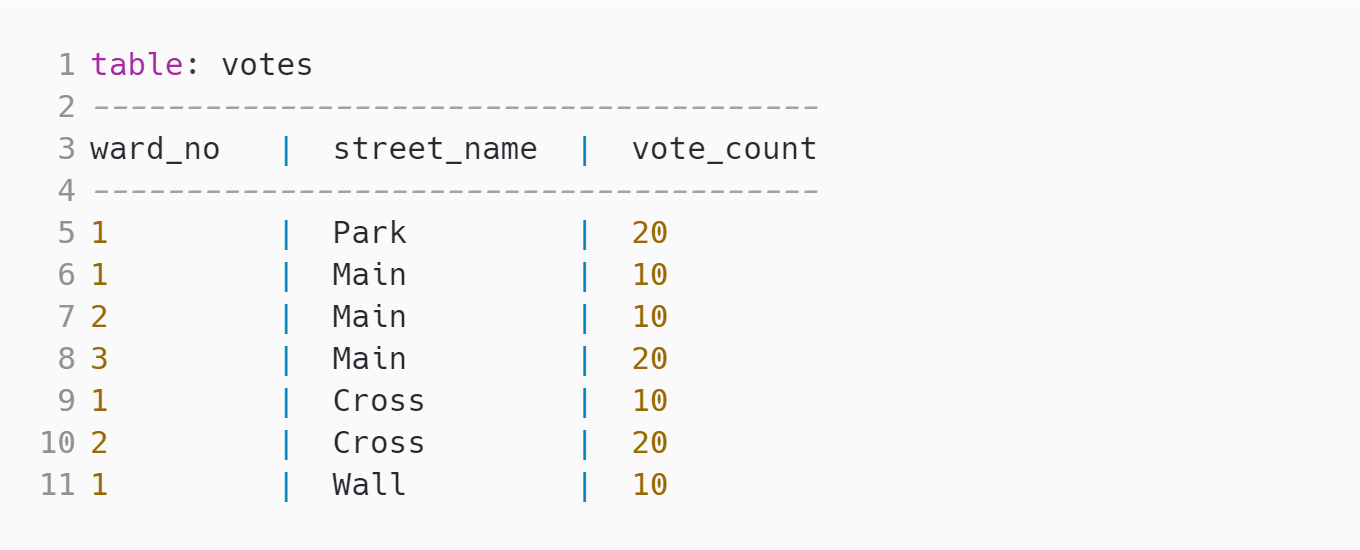JavaScript Basics: JavaScript Basics covers the fundamental concepts and syntax of the JavaScript programming language, including variables, data types, operators, control structures, and functions. This skill is measured in the test to assess the candidate's understanding of the core principles of JavaScript and their ability to write basic JavaScript code.
JS ES6: JS ES6 focuses on the new features and enhancements introduced in ECMAScript 6, the latest version of JavaScript. It includes concepts such as arrow functions, template literals, destructuring, classes, modules, and promises. This skill is measured in the test to evaluate the candidate's familiarity with modern JavaScript language features and their ability to write efficient and maintainable code.
JS OOPs: JS OOPs (Object-Oriented Programming) involves organizing code into reusable objects and using inheritance, encapsulation, and polymorphism. It allows for better code organization, modularity, and reusability. This skill is measured in the test to assess the candidate's proficiency in writing object-oriented JavaScript code and their understanding of OOP principles.
Handling APIs: Handling APIs involves retrieving data from external web APIs and integrating it into JavaScript applications. It requires knowledge of HTTP requests, JSON parsing, and handling asynchronous operations. This skill is measured in the test to evaluate the candidate's ability to work with web APIs and consume external data in JavaScript applications.
Asynchronous Node.js and promises: Asynchronous Node.js and promises focus on the asynchronous nature of Node.js and the use of promises for handling asynchronous operations. It includes concepts such as callbacks, event-driven programming, async/await, and error handling. This skill is measured in the test to assess the candidate's understanding of asynchronous programming in Node.js and their ability to write efficient and scalable asynchronous code.
Node.js Module System: Node.js Module System covers the organization and reusable modules in Node.js applications. It includes concepts such as importing and exporting modules, using core modules, custom module creation, and module resolution. This skill is measured in the test to evaluate the candidate's familiarity with the module system in Node.js and their ability to create and use modules effectively in Node.js projects.
Request Response Lifecycle: Request Response Lifecycle involves understanding how client-server communication works in the context of web applications. It includes concepts such as HTTP methods, request headers, route handling, middleware, and response handling. This skill is measured in the test to assess the candidate's understanding of the request-response flow in web applications and their ability to handle HTTP requests and responses effectively.
SQL CRUD operations: SQL CRUD operations refer to the create, read, update, and delete operations performed on the database using Structured Query Language (SQL). It includes concepts such as inserting data, querying data, updating data, and deleting data from relational databases. This skill is measured in the test to evaluate the candidate's proficiency in SQL and their ability to perform basic database operations using SQL.
SQL Joins and Indexes: SQL Joins and Indexes involve working with relational databases and understanding how to join tables and optimize database performance using indexes. It includes concepts such as inner join, outer join, cross join, primary keys, foreign keys, and index creation. This skill is measured in the test to assess the candidate's ability to write complex queries involving joins and their knowledge of optimizing database queries using indexes.
JavaScript Programming: JavaScript Programming covers the overall ability of candidates to write clean, efficient, and well-structured JavaScript code. It assesses their knowledge of best practices, coding conventions, error handling, code performance, and troubleshooting skills. This skill is measured in the test to evaluate the candidate's overall proficiency in JavaScript programming and their ability to solve programming problems using JavaScript.



















